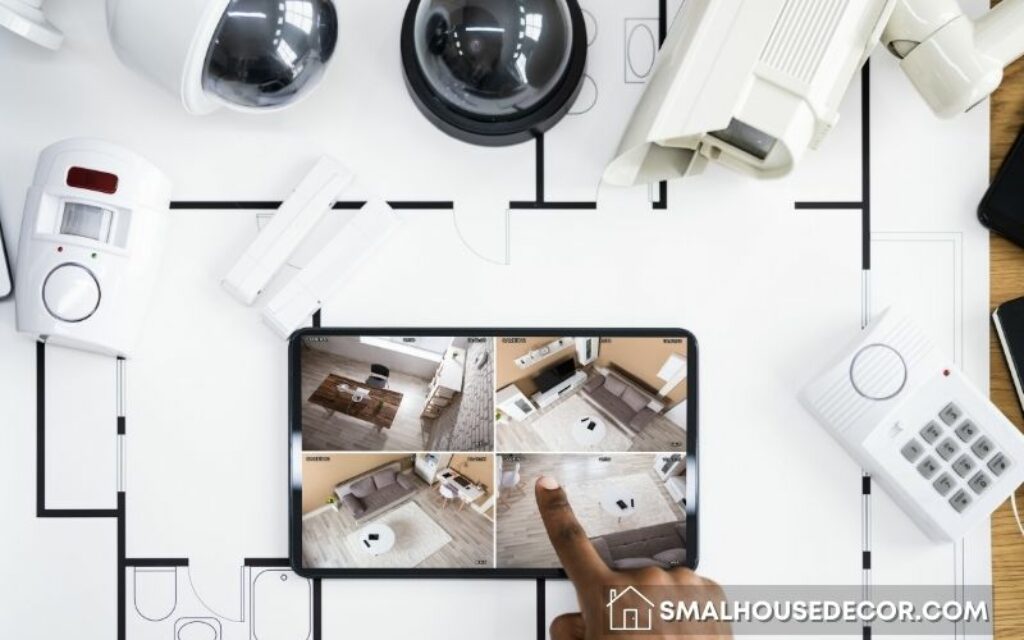Even if you live in a safe area, it still does you good to use caution. A good security system protects your home even when you’re not there, but not all home security systems have the same features. If you’re not picky about what you get in your own security systems, you won’t be hard to please. But if you want certain items, it’s a good idea to do some research on these systems before you buy one. Here is a list of features that might be on the next security system you choose.

1. Redundant Power Supply
With a redundancy power supply, your system will continue to work even if just one of its components is currently operating properly. This means you don’t have to worry about not being able to use your security system just because one or more of the parts stops working. If you don’t have this feature, you could end up with an unreliable security system that stops every time something goes wrong.
2. Sensors
Sensors are there to let you hear what is going on at all times. Security experts recommend you have at least five of them in your home. When choosing these five sensors, they’re going to be one of the following three types:
- Infrared (IR) sensor, which are essentially motion detectors that sound off when someone or something moves around while inside or outside the home.
- Ultrasonic sensors, a sensor that uses sound waves to create a sound that is inaudible to humans and changes as soon as an unauthorized individual enters your home.
- Environmental sensor, which picks up things such as temperature changes, a leaking pipe, or even a fire.
3. Security Cameras
The good thing about security cameras is they keep an eye on your property 24/7, so even when you’re at work or out running errands, you can relax and enjoy yourself. The cameras are a very important part of most home security systems made today. They’re also becoming more and more high-quality all the time, offering accurate time stamps and crystal-clear photos.
Also Read: 16 Expert Tips to Prevent Burglary
4. Recording Details
If you’re researching security systems, you’ll notice different brands offer different recording time lengths. The average time the security device records is 30 to 60 days, after which you’ll automatically start recording over the original tape. If you need more than 30 days’ worth of recording videotapes, be on the lookout for brands that offer security systems that record for much longer. Some systems may even give you more than 60 days.
5. Practical Design
Naturally, the best security system is one that is super user-friendly. After all, you shouldn’t have to be a techie or an engineer to install home security systems. If you can, read the instructions while you’re at the store (or look for the manual online) to see if they make sense. If they do, you’ve probably found yourself a good user-friend security system. If the directions make no sense or they’re hard to understand or involve too many steps or tools, move onto the next system.
6. Smart Systems
These days, there are all types of “smart” devices, including a security system that can be synched and matched to other systems in your home. In fact, coordinating all of the smart devices in your home is not that difficult, and even if you don’t hook up the security system to another system, you can still program it digitally and use it remotely on your cell phone app.
7. Alert for Wellness
Just as your security system lets you know when a burglar intrudes upon your home, it can also be used to record someone who’s elderly or handicapped so that their loved ones can check in on them regularly. Once you install the app, you can check on various rooms in your home and check on the family member who’s there alone.